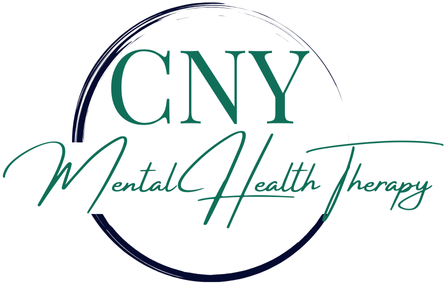
We’ve all been there: that knot in your stomach, the racing thoughts, the feeling of being perpetually "on." In modern life, it seems like we’re always dealing with something. So, when those feelings creep in, we tend to grab the nearest, most familiar label: "I'm so stressed."
Is this really stress, or is it something deeper, something closer to anxiety?
Most of us use the words interchangeably. But the truth is, while they share a lot of the same symptoms—insomnia, muscle tension, that general feeling of being overwhelmed—the key difference lies in the trigger. And understanding that difference is the first step toward dealing with what you’re actually feeling.
Stress: The External Pressure Cooker
Think of stress as your body's natural, in-the-moment reaction to a specific problem or external demand. It’s like a pressure cooker turning up the heat because something real and tangible is happening.
The Stressor is External and Specific:
- The Deadline: You have a massive project due tomorrow. The stress response kicks in to help you focus, pull an all-nighter, and get it done.
- The Argument: You just had a frustrating fight with your partner.
- The Traffic Jam: You’re late for an important meeting, and you’re stuck behind a broken-down truck.
In these situations, the stress is functional. It’s a "fight-or-flight" response designed to help you solve the immediate problem. Crucially, once the stressor is gone, the stress generally starts to fade. Once the project is submitted, you exhale. Once you resolve the argument, your shoulders relax. The stress had a beginning, a peak, and an end.
Anxiety: The Internal Alarm System
Anxiety, on the other hand, is the internal alarm system going off—even when there's no visible fire. It’s a persistent, often excessive worry that doesn't necessarily have a clear, immediate external cause.
The Source is Internal and Persistent:
- The Vague Dread: You wake up with a sense of "impending doom" about the day, but you can’t point to one specific thing.
- The "What Ifs": The work project is over, but you’re now obsessively replaying every conversation, worrying about a mistake you might have made, and catastrophizing about getting fired next week.
- The General Unease: You feel nervous and on edge, even when relaxing at home on a Saturday afternoon.
Anxiety is less about the current, tangible moment and more about a pervasive focus on the future—on possible threats and hypothetical outcomes. It can feel like your brain is permanently stuck in that "fight or flight" mode, draining your energy long after any actual threat has passed.
Where Things Get Tricky
It’s easy to confuse them because chronic, long-term stress can absolutely lead to anxiety. If you’re dealing with non-stop stressors—a demanding job, financial troubles, or a chronic illness—your nervous system essentially gets rewired to be on high alert all the time. The body starts to anticipate stress, and that anticipation is anxiety.
Here’s the simple self-check I try to use:
- Is there a specific thing right now that I can point to?
- Yes? It's probably Stress.
- No? Or, is my reaction disproportionate to the actual event? It’s likely Anxiety.
- Will this feeling go away once the event is over?
- Yes, I'll be fine once the meeting is done. → Stress.
- No, I’ll just find something else to obsessively worry about. → Anxiety.
Why This Distinction Matters
Knowing the difference is crucial.
- For Stress: The focus should be on managing the stressor and the resulting tension. This might mean better time management, setting firmer boundaries, taking a short walk to discharge physical energy, or doing a calming breathing exercise. The goal is to survive the short-term demand.
- For Anxiety: The focus shifts to managing the internal response and the worry cycle itself. This often involves grounding techniques, challenging the catastrophic thoughts, and, critically, seeking professional help if the worry is persistent, excessive, and interfering with your daily life. An anxiety disorder is a real mental health condition that deserves professional support, whether through therapy, medication, or both.
We all get stressed, and we all feel anxious sometimes. They are normal parts of the human experience. But by recognizing whether the pressure is coming from a visible external threat (stress) or a relentless internal alarm (anxiety), we can finally start to use the right tools to get some real relief.

Jessica Butler
Contact Me




